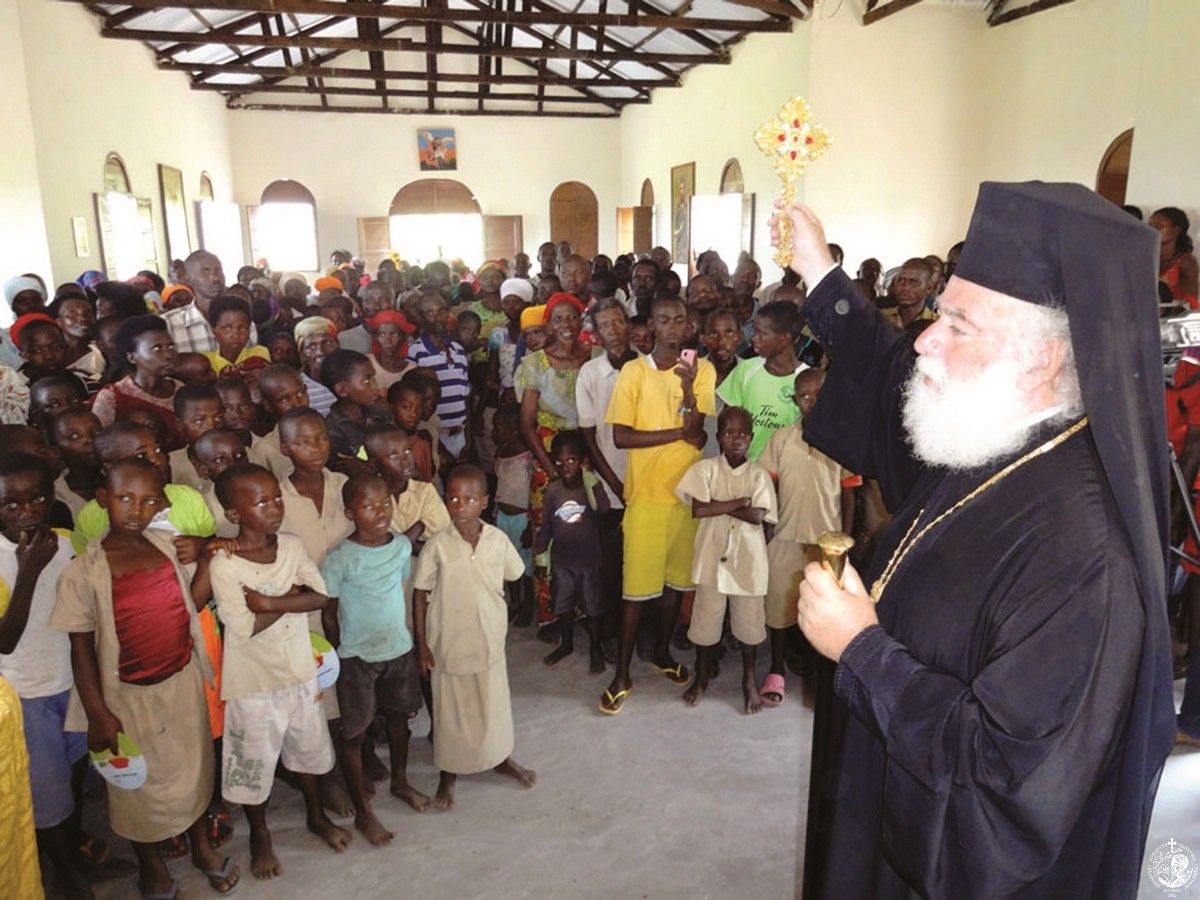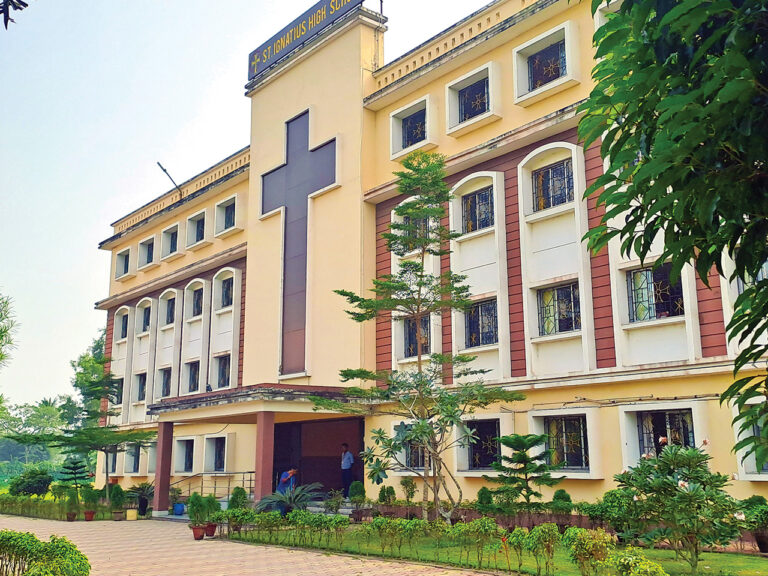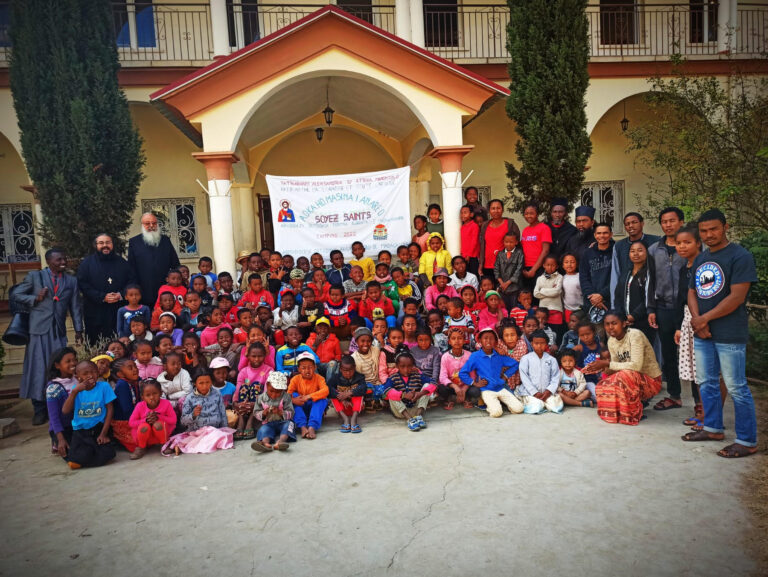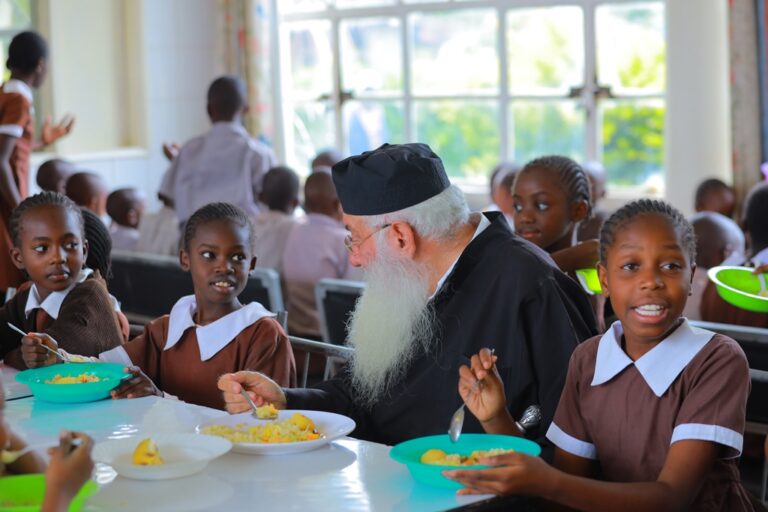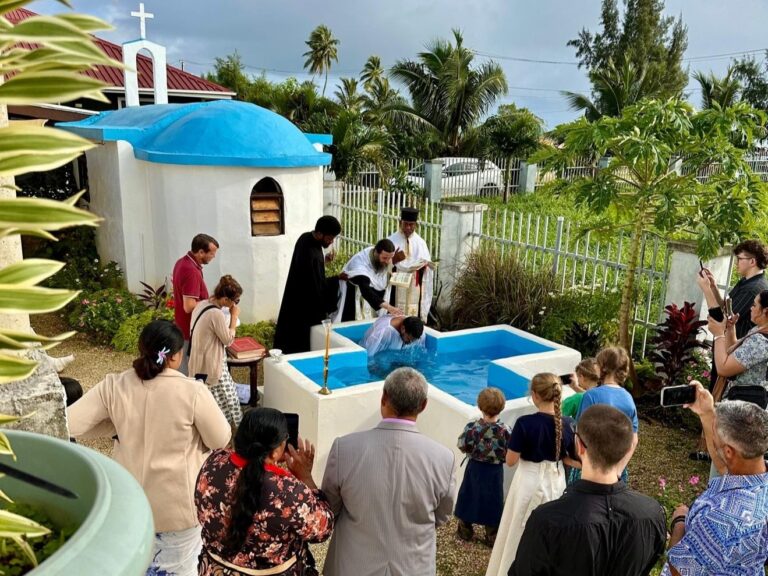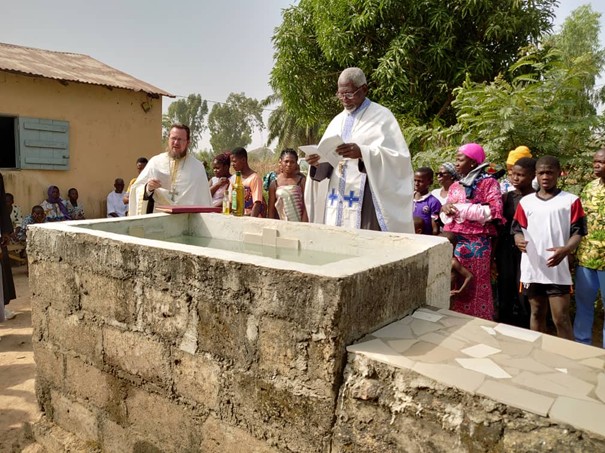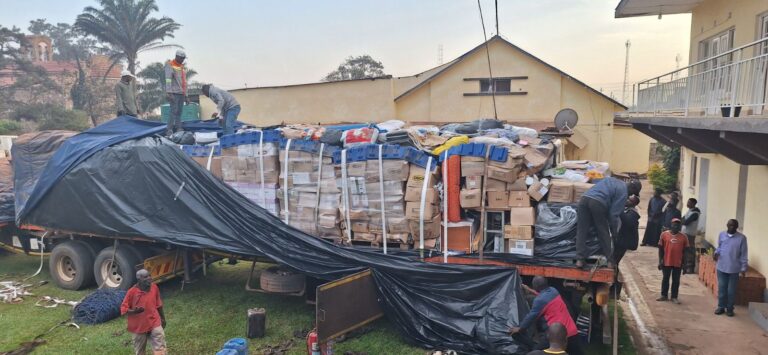On the side of the orphans of the civil war
In the heart of the African land there is a country blessed by God, Burundi. Green lands cover plains, slopes and hills. Yet this earthly piece of paradise has become the theatre of a ruthless conflict. Two tribes, two ethnic groups, the Tutsi pastoralists and the Hutu farmers, could not find a peaceful way of living together. They were thrown into a dead-end struggle of mutual annihilation. The civil war lasted for thirteen long years. Human discord devastated and wounded the country. Cities, villages, hospitals, houses, roads were destroyed. 300,000 people lost their lives. 600,000 people were forced to leave their homes. Families were torn apart. Women lost their husbands and children. Children were left alone, unprotected, orphaned. After the horrors of the war, perpetrators and victims of the civil absurdity are trying to forget the bloody past and rebuild the country. Refugees return by the thousands from neighbouring countries in search of their own people and their earthen homes. Many find nothing. If the unity of the people is the ultimate goal of the Divine Economy and the witness of this unity the authentic way of practicing the Christian mission, then every faithful Orthodox understands how much the stunned soil of Burundi needed to receive the surplus of the Eucharistic experience.
Yet the idea that remains a reason can only change words. Only ideas that become flesh are capable of touching and transforming people.
It was with this in mind that three years ago a genuinely God-humanizing effort began with the establishment of the Diocese of Rwanda and Burundi. The cynical suspicion of our times initially treated the prospects of this effort with caution. Yet the fruits of synthesis and the re-creation of what it means to be human in a just, peaceful and sustainable world are already ripening in this spiritual gem of Africa. Loving contact with fellow human beings as the image of God was the only “fertilizer” that served in this cultivation.
The House of Love in Bouramata

These were the fruits of my first missionary journey to Burundi. Images, emotions and moments are difficult to capture on paper in a conventional way. Yet on that bright morning of February 23, 2013, I made a promise to the hundreds of civil war orphans hosted at the Buramata Love Shelter.
I made a promise to share with the whole world a story of faith and perseverance in a time when the beauty of the truth “I love my neighbor, therefore I exist” has been replaced by the super value of “I have, therefore I exist”.
This shelter was set up with the help of a group of doctors from Greece who decided to make service their full-time occupation and purpose in life, Doctors of the Heart. This shelter is run with the surplus or spare change of people who believe in the need for the word of the Gospel to be heard in the mud huts, grass and straw temples of Africa. In this shelter, children who have seen their parents meet a horrible death at the hands of a brother find affection. Children who did not smile because the pain of loss had chained the smile to their lips. Children whose lives hung by a thread because they were waiting to eat garbage, growing up in the streets and mud, threatened by simple diseases. In this shelter, civil war orphans earned the right to continue to take seriously what adults now find hard to accept: dreams. They won the right to continue to believe in resurrection as a possibility of a decent tomorrow. They have earned the right to tame the angry waves of life, which so early on showed them its most callous face, and to seek the sheltered harbour of survival. Finally they won the right to rescue childhood as an existence open to God.

Jesus said:“Let the children come to me and do not hinder them, for of such is the kingdom of God”(Mark 10:13-14). This commandment is put into practice in this corner of the African continent. This commandment is becoming an embrace for children scarred by the divisions of adults. Here the shattered child’s worldview is reconstructed, the child’s identity, disturbed by the spectre of death, is reconstituted, the original beauty of the child’s soul is restored to apply the words of the Lord“whoever does not receive the kingdom of God as a child, let him not enter it” (Mk. 10,15-16). In a time of daily transformations that affect almost all aspects of our lives, the Church’s power to contribute to the building of a culture of mutual respect and solidarity is challenged. The House of Love in Buramata bears witness to the fact that the Church in its secular witness and action takes on, transforms and renews the world. The Church’s mission is to reach out to man, to articulate its own proposal for life, its own hierarchy of life, at the top of which is the child as the dynamic carrier of the hopeful perspective for a world true in love. Theodore II
Pope and Patriarch of Alexandria and All Africa

